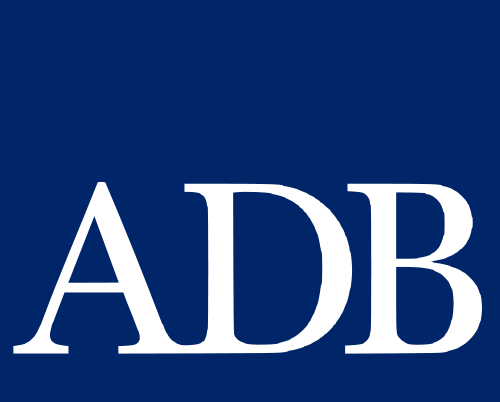
Mongolia, January 27 (QNA) - The Asian Development Bank (ADB) and the Government of Mongolia signed three grant agreements totaling $7 million for projects to benefit the environment and livelihoods at Khuvsgul Lake National Park in northern Mongolia, upgrade school dormitories in Mongolia’s western region, and improve affordable housing in Ulaanbaatar, the national capital.
The three grants are funded by ADB’s Japan Fund for Poverty Reduction (JFPR), which over the past 16 years has supported 42 projects in Mongolia dealing with poverty alleviation, livelihoods, and the environment, ADB press release said.
The Khuvsgul Lake project will focus on promoting sustainable tourism, community livelihoods, and environmental protection around the lake. Collaborative approaches will be implemented between the park authority, residents, and tour operators, to strengthen local tourism business and waste management.
Mongolia’s school dormitory system, meanwhile, was developed to ensure wider access to education, particularly for students from herder families. Many school dormitories were built in the 1970s and 1980s and require urgent rehabilitation. The western region supports the largest number of students staying in dormitories, of which 86% are from herder families.
The dormitory project will establish nationally replicable models to improve dormitory buildings, facilities and childcare in three aimags, Gov-Altai, Uvs, and Zavkhan. Dormitory buildings and facilities for heating, sanitation and housing of students will be upgraded, staff training and management capacity will be strengthened, and a national strategy to improve the school dormitory environment will be developed.
Improving the quality of life in Ulaanbaatar, especially in the ger (peri-urban) areas (where 60% of the 1.3 million people in Ulaanbaatar live) is one of the Government of Mongolia’s main priorities. The affordable housing project will join many other initiatives of the government and the Municipality of Ulaanbaatar to provide better infrastructure and living environments for residents and to reduce air and soil pollution in the capital city.
The project will promote the development of affordable housing stock through resource-efficient buildings and the use of renewable energy technology. It will integrate innovative planning for social cohesion and economic opportunities for the population. Financial and institutional arrangements will establish sustainable housing finance mechanisms and will combine public and private financing to ensure the sustainable redevelopment of the target areas.
Established in May 2000, the Japan Fund for Poverty Reduction (JFPR) provides direct grant assistance to the poorest and most vulnerable groups in developing member countries of ADB, while fostering long-term social and economic development.
ADB, based in Manila, is dedicated to reducing poverty in Asia and the Pacific through inclusive economic growth, environmentally sustainable growth, and regional integration. Established in 1966, it is owned by 67 members, 48 from the region. (QNA)
Source: www.qna.org
©2015 GFG